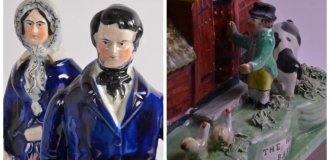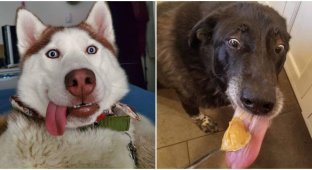Scientists have found out why dogs love to get dirty in feces (4 photos)
If you've ever walked a dog in a vacant lot, you know that it only takes a second for it to find human waste and roll around in it. It's a disgusting phenomenon, I tell you. But it turns out that the dog isn't to blame for this, it's all about its ancestors. 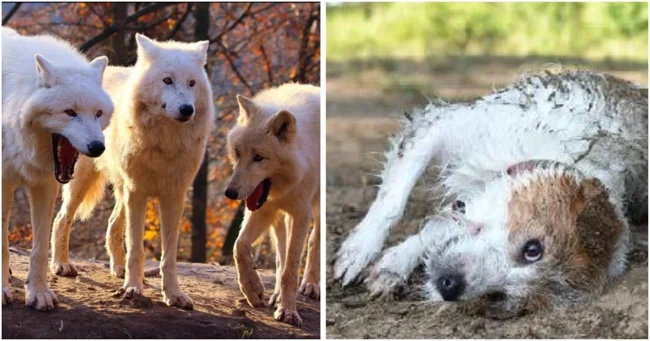
Scientists have studied this phenomenon for a long time and have come to the conclusion that dogs, when rolling in shit, are not trying to get rid of fleas, and do not get unearthly pleasure from watching their owner simply throw up from the aromas.
The thing is that dogs don't really care whose shit they're rolling around in, the main thing for them is the result. And it's about camouflage. The thing is that their ancestors also smeared themselves with shit for camouflage. So that, so to speak, the bear would think that another bear was just shitting nearby, and wouldn't pay attention to them. Although, from the bear's side, it would probably be strange to watch a pile of another bear's shit run past. But that's not the point. 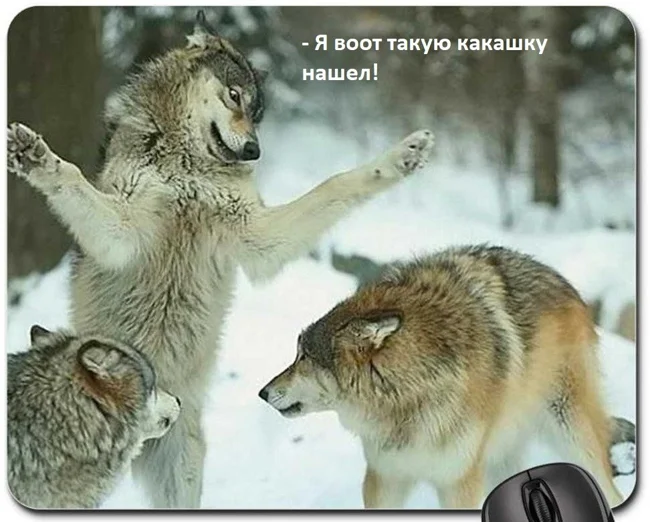
Modern wolves, like dogs, use this camouflage technique just like their ancestors, they roll not only in the feces of other animal species, but also in the dead carcasses of other predators. This is a kind of olfactory camouflage
.
At the same time, experiments showed that wolves did not disdain to rub against puddles of motor oil or puma feces, but completely ignored a pile of sheep manure. 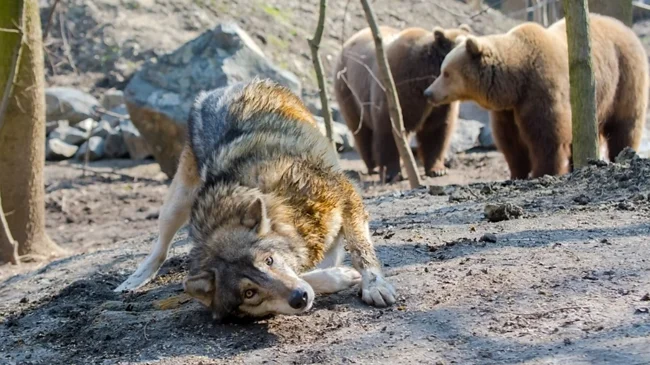
Scientists believe that predators do not try to deceive their prey in this way, they fool their competitors. Gray foxes use the same method, they look for urine marks of mountain lions and actively rub against them in order to deceive coyotes with this smell. 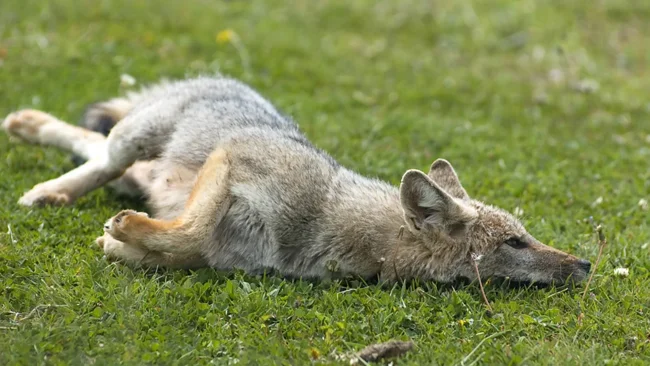
For example, spotted hyenas in the wild will scavenge on the carcasses of dead animals. One study of captive hyenas found that when animals carried the scent of carrion on their pelts, they tended to receive more grooming, sniffing, and other attention from members of their group. If the scent was replaced with the scent of camphor, these social greetings were reduced.






